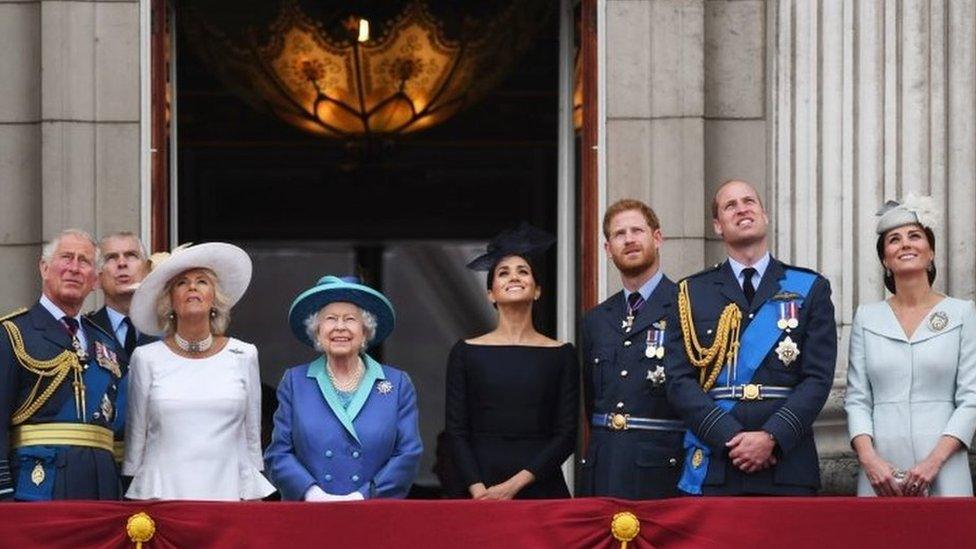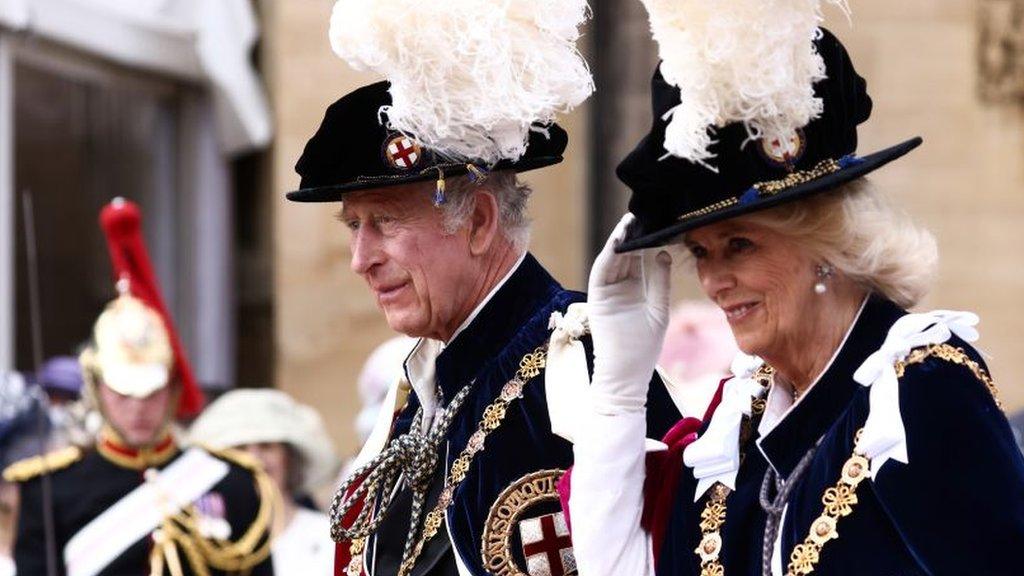Buckingham Palace reveals 8.5% ethnic minority staff
- Published
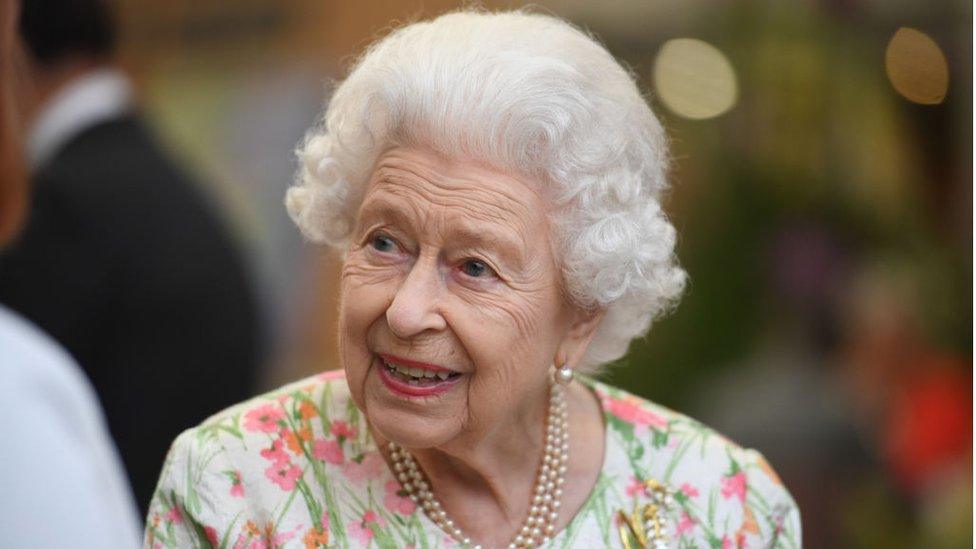
Buckingham Palace has said it "must do more" as it revealed its levels of ethnic minority staff for the first time.
The Royal Household's annual financial accounts for 2020-21 show 8.5% of its staff are from an ethnic minority background. Its 2022 target is 10%.
This compares with around 13% of the UK population, according to the latest 2011 census.
The Palace said it was "not where it would like to be" on staff diversity.
"It is not that we have not been progressing diversity and inclusion initiatives during this period, it is that simply the results have not been what we would like," a Palace source said.
They said the household had published the figures so there could be "no place to hide", and so they would be held accountable if no progress was made in the future.
The source added: "Her Majesty and other members of the Royal Family have actively promoted and embraced the diversity of our nation and that of the Commonwealth, and we take our lead from that."


In London, where the majority of royal workers are based, just under 40% of the population is from an ethnic minority - but 8.5% of the royal staff are.
"Could do better" is the Palace's own verdict. "We recognise we are not where we want to be and we want to improve," a senior Palace source said.
Next year's target is 10%.
But change may be hard to achieve.
While public funding has remained steady, the extra money the monarch made from things like paid visits to the palaces fell by half. A £10m shortfall was covered by cutting back on some events like garden parties and by a recruitment freeze.
Without new faces it is difficult to change the profile of household staff; and the Palace reckons that Covid restrictions will hit its supplementary income for some time to come.

Raj Tulsiani, co-founder of Race Equality Matters, said the Palace did not "deserve a pat on the back" for saying it hopes to improve.
"Amplifying aspirations for future inclusion, it's nothing. It's just words," he said.
Pointing out that there was no breakdown of the 8.5% figure, he suggested there could be a "vastly higher percentage of people in lower paid jobs than there are in positions of power and influence".
Graham Smith, chief executive officer of campaign group Republic, which calls for an elected head of state, welcomed the publication of the data but said staff were "not protected from race discrimination".
"There is no justification why anyone should be given an exemption from workplace discrimination laws, particularly our head of state," he said.
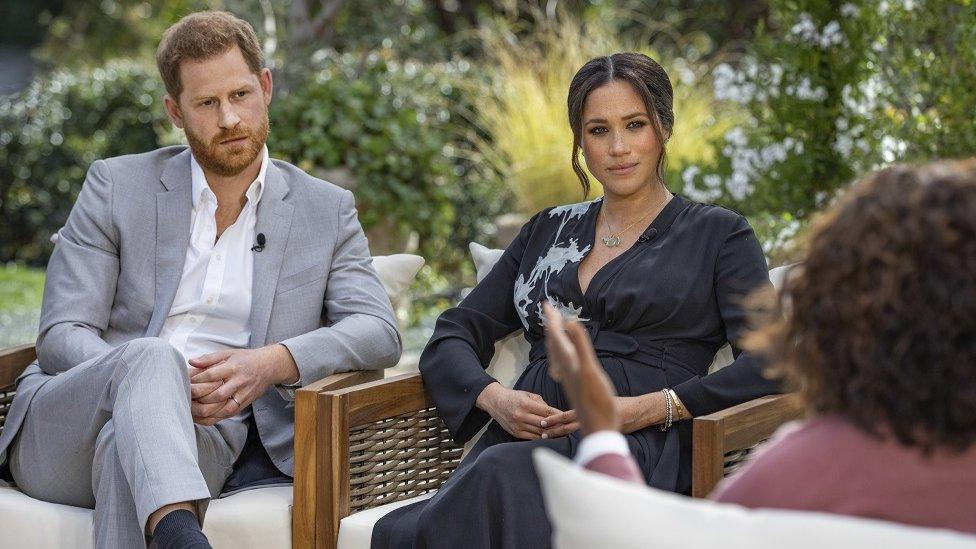
The release of the data comes more than three months after the Duke and Duchess of Sussex made allegations of racism within the Royal Family.
Prince Harry and Meghan's interview with Oprah Winfrey in March included claims they had been asked how dark their son's skin would be before his birth.
The duchess said there had been "concerns and conversations about how dark [Archie's] skin might be when he was born".
Both Prince Harry and Meghan refused to say who made the comment - but Harry later clarified to Oprah that it was not the Queen or the Duke of Edinburgh.
In response, Buckingham Palace described those issues as particularly "concerning", saying they would be "taken very seriously and will be addressed by the family privately".
The Duke of Cambridge later said the royals were "very much not a racist family" in response to questions about the interview.
Buckingham Palace introduced a change to its Diversity Strategy in early 2020, before the interview, to emphasise inclusion.
After the Winfrey interview, sources said Buckingham Palace was reviewing diversity policies across all royal households.
'Determined to do better'
The work is looking at improving diversity at Buckingham Palace, Clarence House - the Prince of Wales's household - and Kensington Palace - Prince William's household.
A Clarence House senior spokesperson said its proportion of ethnic minority staff was also 8%, adding: "It isn't good enough and we are determined to do better."
Kensington Palace has not released its staff diversity figures.
Royal sources have previously stressed that the Palace already has policies, procedures and programmes in place - but possible changes being considered include the appointment of a "diversity chief".
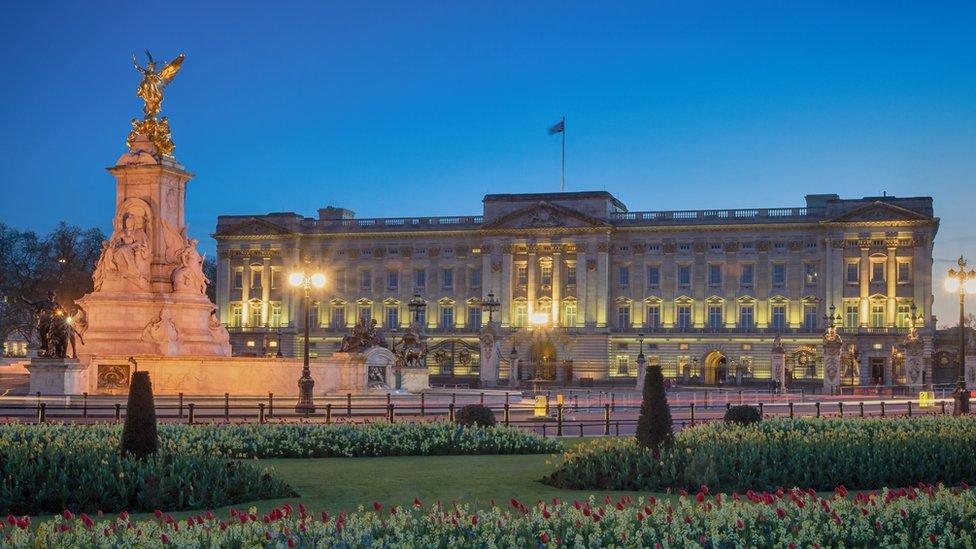
What are the royal accounts?
The royal accounts are published annually to detail how the yearly payment the Queen receives from the government, known as the Sovereign Grant, is spent.
Last year the grant was £85.9m - the equivalent of £1.29 per person in the UK.
The money pays for official royal duties and property maintenance.
The payment is based on the profits of the Crown Estate, an independent property business that includes much of London's West End.
Normally the Queen receives 15% of the profits. However, that has been increased to 25% until 2027 to help pay for a £369m refurbishment of Buckingham Palace.
Key figures from the royal accounts for 2020-2021:
£85.9 million - The total taxpayer-funded Sovereign Grant, made up of £51.5 million for the "core" funding and an extra £34.4 million for the re-servicing of Buckingham Palace
113 - Official engagements carried out by the Queen in the last financial year - 183 less or a decline of 62% compared to the 296 carried out in 2019-2020
Almost 1,470 - Official engagements by the royals in the UK and overseas
508 - Full-time equivalent staff paid for from the Sovereign Grant, with the wage bill coming to £24.1 million
£900,000 - Cost of housekeeping and hospitality for the Royal Household - a fall of £1.7 million or 65%
£3.2 million - Cost of official royal travel, a fall of £2.1 million - 40% - from £5.3 million the previous year
£47,965 - Cost of travel for William and Kate's royal train tour to Scotland
Related topics
- Published25 September 2020
